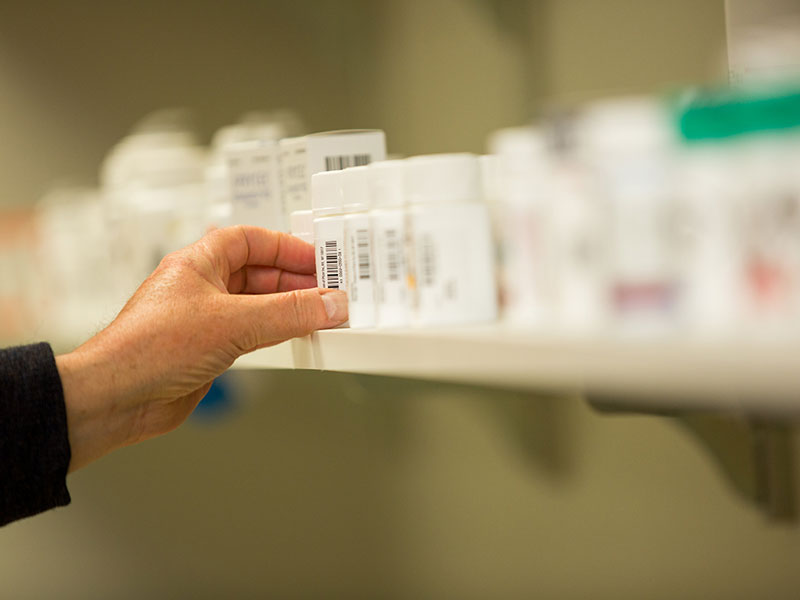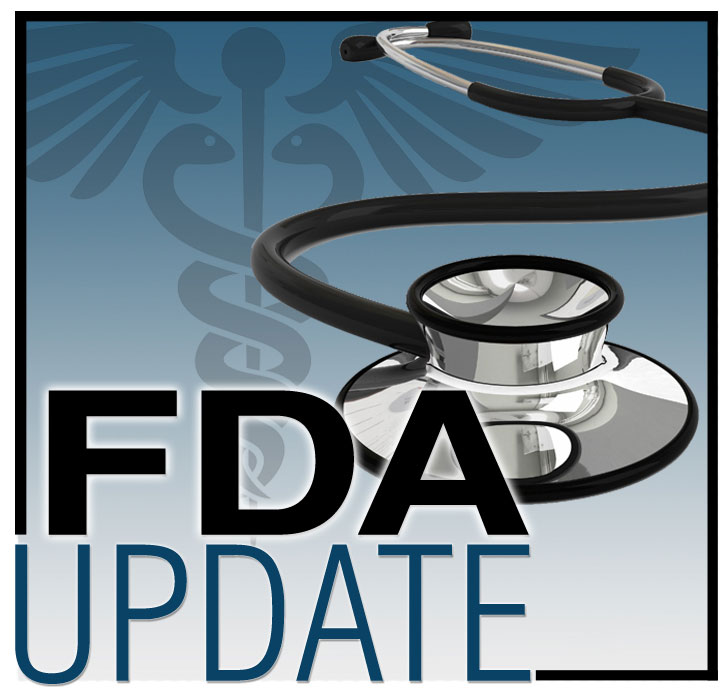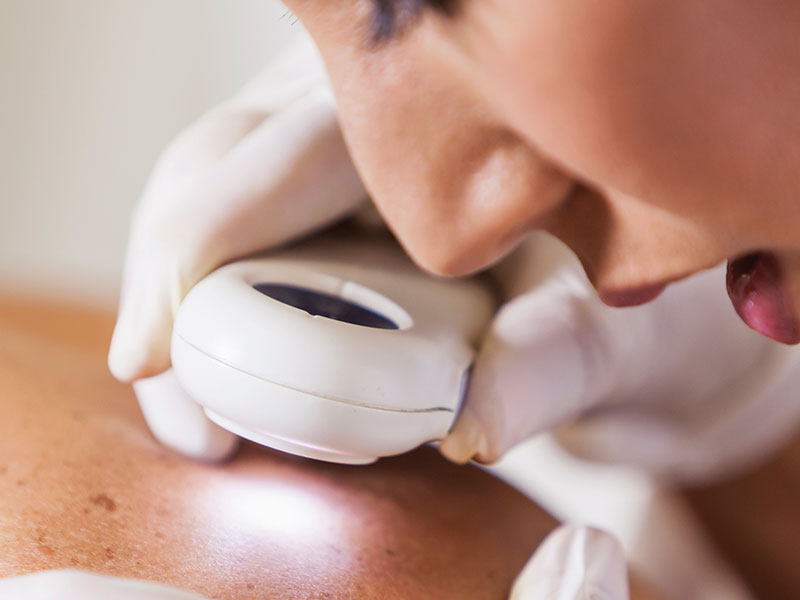When Ineffective Pain Control Means Chemical Coping

Central to our role as oncology nurses is provision of symptom relief balanced with a manageable side-effect profile. Although opioids are extremely effective at cancer pain management, they also bind to the brain’s limbic system and can produce reward responses. This can result in dependence and drug-seeking behaviors.
Nurse Assumes Acting U.S. Surgeon General’s Position at HHS

As new presidential administrations come in, top politically appointed positions are customarily asked to submit letters of resignations as a courtesy to the incoming president. This was no different when President Trump entered the White House.
Joint Commission Offers Telehealth Revisions to Hospital, Ambulatory Accreditation Standards

As healthcare institutions are looking to adopt new technologies to better assist patients, telehealth is becoming a prominent resource for many practitioners. By providing the ability to call or video conference with healthcare providers, institutions can offer patients the care they need from the comfort of their own homes.
- Read more about Joint Commission Offers Telehealth Revisions to Hospital, Ambulatory Accreditation Standards
- Add new comment
Updated Competencies Outline Oncology Nurse Navigator Role From Novice to Expert

Based on the results of the oncology nurse navigator (ONN) role delineation survey and feedback from ONS membership, ONS evaluated and updated its ONN Core Competencies. Several significant changes were made.
- Read more about Updated Competencies Outline Oncology Nurse Navigator Role From Novice to Expert
- Add new comment
FDA Funds Research Into Health Disparities

Disparities continue to create a wide gap in health in the United States. Many factors can contribute to a person’s health, and we still have much to learn about the issue. The U.S. Food and Drug Administration (FDA) has announced it will be dedicating research funding to find out more about how lifestyle impacts health.
HHS Announces Opioid Crisis Prevention Program

Prescription drug abuse has reached epic proportions in the United States. Efforts have been made to help combat this growing issue. In 2016, President Obama signed into law the Comprehensive Addiction and Recovery Act (CARA) to reclassify drug abuse as a disease instead of a crime.
FDA Grants Approval to Pembrolizumab for Locally Advanced or Metastatic Urothelial Carcinoma

On May 18, 2017, the U.S. Food and Drug Administration (FDA) granted regular approval to pembrolizumab (Keytruda®, Merck and Co., Inc.) for patients with locally advanced or metastatic urothelial carcinoma who have disease progression during or following platinum-containing chemotherapy or within 12 months of neoadjuvant or adjuvant treatment with platinum-containing chemotherapy.
- Read more about FDA Grants Approval to Pembrolizumab for Locally Advanced or Metastatic Urothelial Carcinoma
- Add new comment
Dermascopic Clues Help Identify Seborrheic Keratosis-Like Melanoma

Melanomas that resemble seborrheic keratosis (SK) can be challenging to diagnose correctly. SKs are often removed without being evaluated dermascopically or sent for pathologic analysis, risking the possibility of missing a diagnosis of SK-like melanoma. A new study published in JAMA Dermatology outlined the key dermascopic clues that clinicians can use to identify SK-like melanomas to prevent treatment delays and achieve the best patient outcomes.
Annual State-of-Cancer Report Encouraging for Patients, Providers

The latest edition of the Annual Report to the Nation on the Status of Cancer, 1975-2014, confirms that death rates are decreasing for 11 of the 16 most common types of cancer in men and 13 of the 18 most common types in women.
The Challenge of Caring for Multiple Patients With Cancer

As more new treatments enter practice—like immunotherapy, targeted therapy, and combination therapies—oncology nurses are required to be experts in every treatment they administer. They need to constantly walk a tightrope, balancing multiple medications for one patient then quickly moving to the next patient on a completely different treatment protocol.





